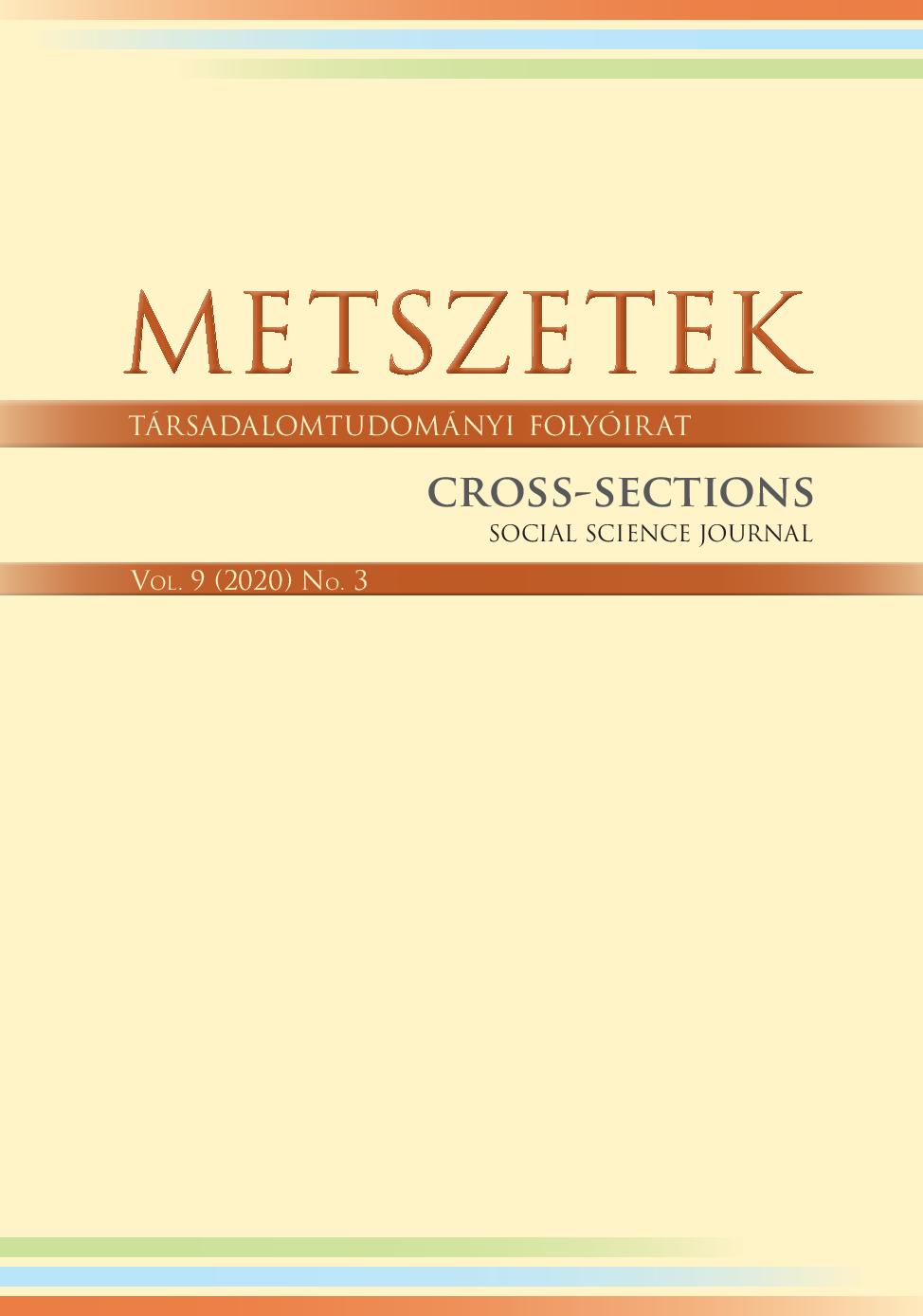Hat-e a korrupció a választókra? – egy bayes-i ökonometriai elemzés
Does the corruption affect to the voters? – a Bayesian econometric analysis
Author(s): András Tóth, Dávid Atanaszov, Tamás BarczikaySubject(s): Social Sciences
Published by: Debreceni Egyetem Politikatudományi és Szociológiai Intézet
Keywords: corruption; econometric model; bayesian vector autoregression; voting preferences
Summary/Abstract: The study examines the agenda-setting aspirations of Hungarian political life between 2010and 2016 from a corruption research perspective. Using the available data, we estimate, basedon the monthly data series of a six-year period, using different statistical methods, whether theallocation of European Union funds used as a proxy for corruption had an impact on the supportof the ruling party. The results of the applied Bayesian vector autoregression do not provideevidence for the hypothesis that the increase in corruption associated with the increase in EU subsidies reduces the popularity of the ruling party among the entire voting population.
Journal: Metszetek - Társadalomtudományi folyóirat
- Issue Year: 9/2020
- Issue No: 3
- Page Range: 25-66
- Page Count: 42
- Language: Hungarian

